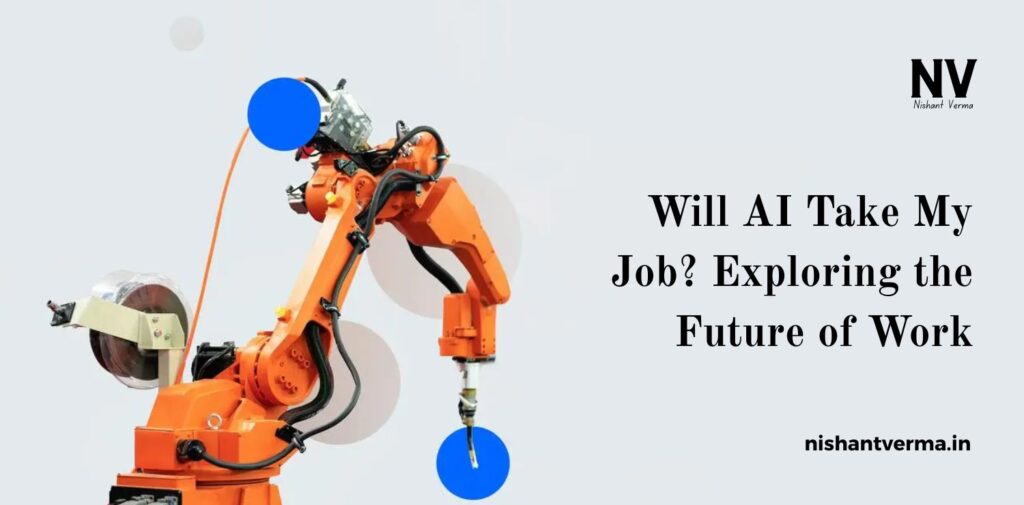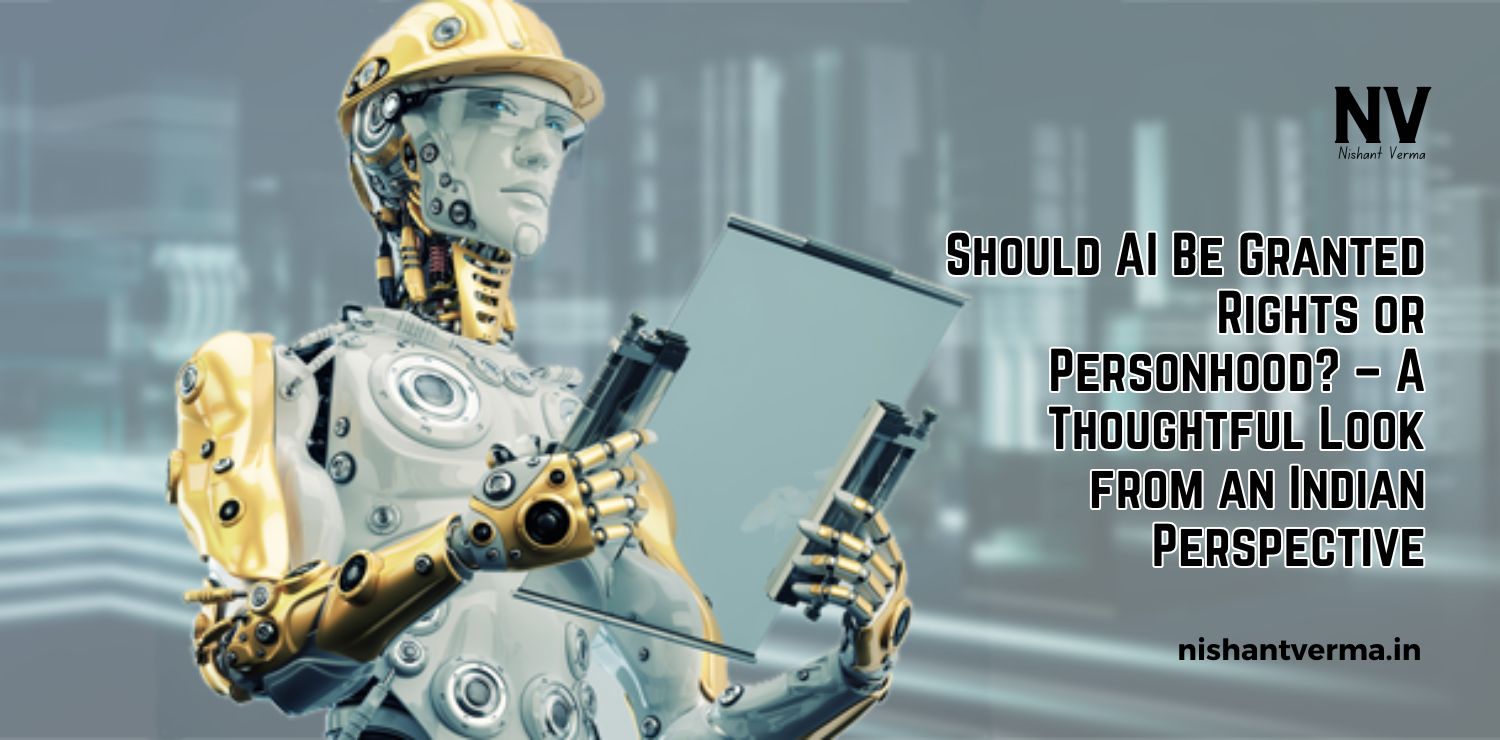The rise of Artificial Intelligence (AI) has sparked both excitement and fear around the world. In India, where millions depend on jobs across various sectors like IT, manufacturing, agriculture, and customer service, the big question is—will AI take away our jobs, or will it create new opportunities?
Let’s explore what AI really means for the future of work in India, what kind of jobs are at risk, and how we can prepare ourselves for the changes ahead.

Understanding what AI really is
Before we dive into how AI affects jobs, it’s important to understand what AI actually is. AI, or Artificial Intelligence, refers to machines or software that can think and learn like humans. This includes things like recognizing images, understanding speech, making decisions, and even talking to people.
You may have already interacted with AI without realizing it—like when you talk to Siri or Google Assistant, or when YouTube recommends a video for you. AI is also used in online shopping apps, customer care chatbots, and even in smart cameras that detect faces.
AI works by using huge amounts of data and powerful computer systems. It learns patterns from the data and then uses that knowledge to perform tasks, sometimes even better and faster than humans.
Which jobs are most at risk in India?
There’s no doubt that AI is changing the way we work. Some jobs, especially those that involve repetitive tasks, are more at risk of being replaced by AI.
In India, jobs in data entry, customer support, BPO (call centers), and even simple accounting roles are being automated. Machines can now handle tasks like answering basic questions, processing invoices, or checking records much faster than humans.
Even in the transport sector, driverless vehicles and delivery robots are being tested in countries like the US and China. While this is still new in India, it could eventually affect jobs like truck driving or courier delivery.
But that doesn’t mean AI will take away all jobs. Many jobs still need a human touch—creativity, emotion, decision-making, and social skills. For example, teachers, doctors, artists, and psychologists do things that AI cannot easily replicate.

Jobs that AI is creating and how India can benefit
While some jobs may disappear, AI is also creating new opportunities. India, being a global IT hub with a strong youth population, has a chance to lead in AI development and application.
New types of jobs are emerging in fields like data science, machine learning, robotics, cybersecurity, and AI ethics. These roles need skilled professionals who can build, manage, and monitor AI systems.
Even in traditional sectors like agriculture, AI is being used to predict weather, improve crop yields, and monitor soil health. In healthcare, AI is helping doctors diagnose diseases faster. These technologies are not replacing humans, but helping them work better.
There are also growing opportunities in areas like digital marketing, e-learning, app development, and remote work, all of which are supported by AI tools. Startups and freelancers in India can tap into these new industries and earn a good income.
How to prepare yourself for the future
If you’re worried about your job or career path, don’t panic. The key to surviving and thriving in the AI age is to upgrade your skills and keep learning.
Here are a few steps you can take:
- Learn digital skills: Even basic computer skills, Excel, social media marketing, or using online platforms can make a big difference.
- Pick up new-age skills: Courses in coding, data analytics, cloud computing, or AI are available on platforms like Coursera, Udemy, or even government platforms like SWAYAM.
- Focus on soft skills: Communication, problem-solving, leadership, and teamwork are qualities that AI cannot replace. These are valuable in every job.
- Stay updated: Follow news about your industry. See what skills are in demand. Adapt accordingly.
- Be flexible: Don’t be afraid to try new roles or work styles. Freelancing, remote work, and gig economy jobs are growing fast in India.
The role of government and companies in this change
The Indian government has already started taking steps to support AI growth. Programs like “Digital India” and “Skill India” are aimed at training the youth and creating tech-driven jobs. Many IITs and universities are also offering AI courses and research programs.
Private companies are also investing in AI, but they have a responsibility to upskill their employees rather than just replace them. Some companies are offering free training or certification to help workers move into new roles.
It’s important for businesses, educational institutions, and policymakers to work together. They must ensure that no one is left behind in this digital revolution, especially people from rural areas or low-income backgrounds.

A positive way to look at the future
It’s natural to fear change. But remember—every big invention in history, from electricity to the internet, caused changes in the job market. Some jobs vanished, but many more were created.
AI is not here to replace us, but to make our work easier and more efficient. It can take over boring, repetitive tasks and allow humans to focus on creativity, innovation, and solving complex problems.
If we stay curious, keep learning, and adapt to new ways of working, AI can be a powerful friend rather than a threat. The future of work in India depends not just on technology, but on how well we prepare ourselves for the opportunities it brings.
So the next time you hear “Will AI take my job?”—you can confidently say, “Only if I stop learning. Otherwise, I’ll find a better one.”




